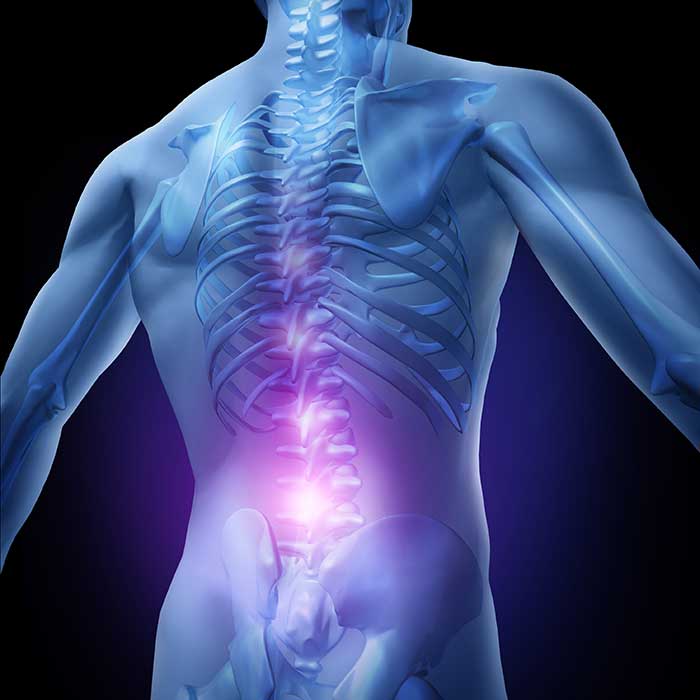Dry Needling / IMS (Intramuscular Stimulation)
Chronic pain can occur even when there is no injury or inflammation. Many people who suffer from chronic pain (headaches, whiplash, backache, tennis elbow, frozen shoulder) become frustrated and depressed when their doctors cannot help. Some try medication (which only masks the pain) and physical therapies, even surgery, without lasting relief. Because irritation often affects the spinal nerve root, nerves can malfunction, become extremely sensitive and cause harmless signals to be exaggerated and misunderstood as painful.
An important factor in neuropathic pain is muscle shortening, caused by muscle spasm and contracture, which produces pain by straining tendons and distressing the joints they move. Muscle shortening also increases wear and tear on joints and contributes to degenerative changes, such as tendonitis and osteoarthritis. Dry Needling/Intramuscular Stimulation (IMS[*]) are effective treatments for neuropathic chronic pain.
Dry Needling/ IMS uses very thin needles adapted from traditional acupuncture, and is based on scientific, neurophysiological principles. The goal of treatment is to release shortened muscles which press on and irritate the nerve. Supersensitive areas can be desensitized and the persistent pull of shortened muscles released. When the needle is inserted you will feel a peculiar sensation – like a muscle cramp – which is caused by the muscle grasping the needle. The needling causes your shortened muscle to intensify, then release and lengthen, disrupting the pain signals to give you relief.
The effects of Dry Needling/IMS are cumulative - needling stimulates a certain amount of healing, and treatments can continue until the condition is healed and the pain disappears. Some patients treated with IMS have remained pain-free for over 20 years.
..........................................................
IMS was developed by Dr. Chan Gunn, the founding President of the Institute for the Study and Treatment of Pain (iSTOP), who, among other accomplishments, has been awarded The Order of British Columbia and the Order of Canada for his contributions toward solving chronic pain.
IMS was developed by Dr. Chan Gunn, the founding President of the Institute for the Study and Treatment of Pain (iSTOP), who, among other accomplishments, has been awarded The Order of British Columbia and the Order of Canada for his contributions toward solving chronic pain.





